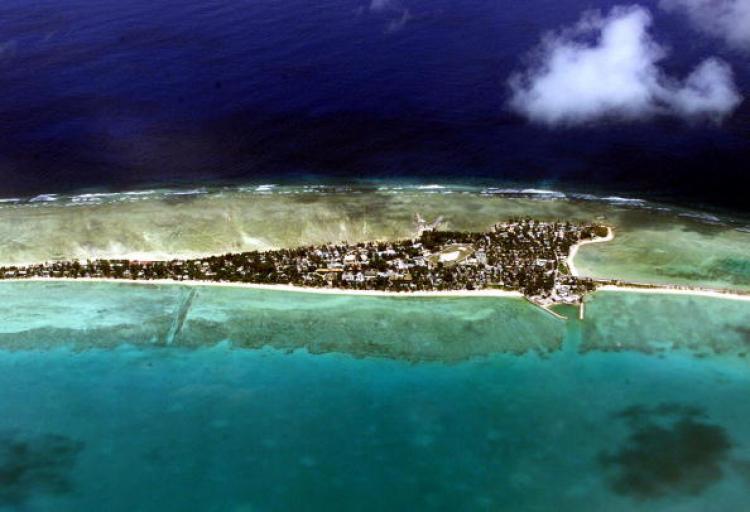Australia will provide an extra $2 million (US$1.4 million) in aid assistance for Kiribati as the pacific country’s drought continues to worsen.
The assistance comes following the country’s state of disaster declaration on June 13, after the pacific nation experienced below-average rainfall over the past 6 months, which has led to high levels of salinity in the drinking water across the country.




